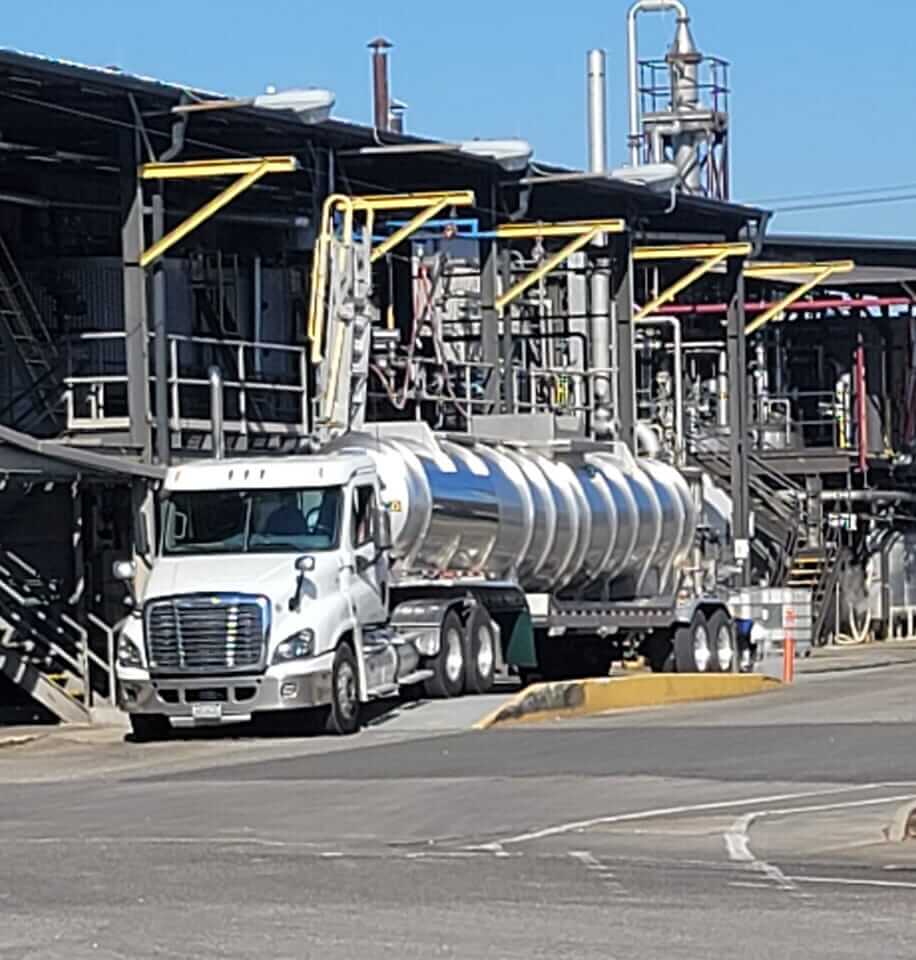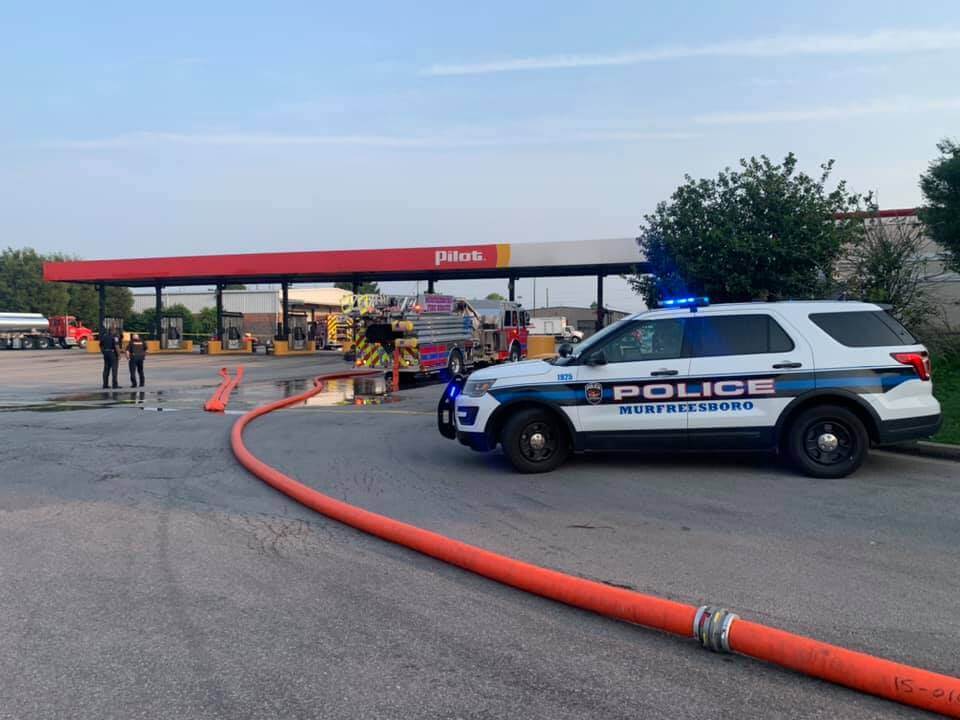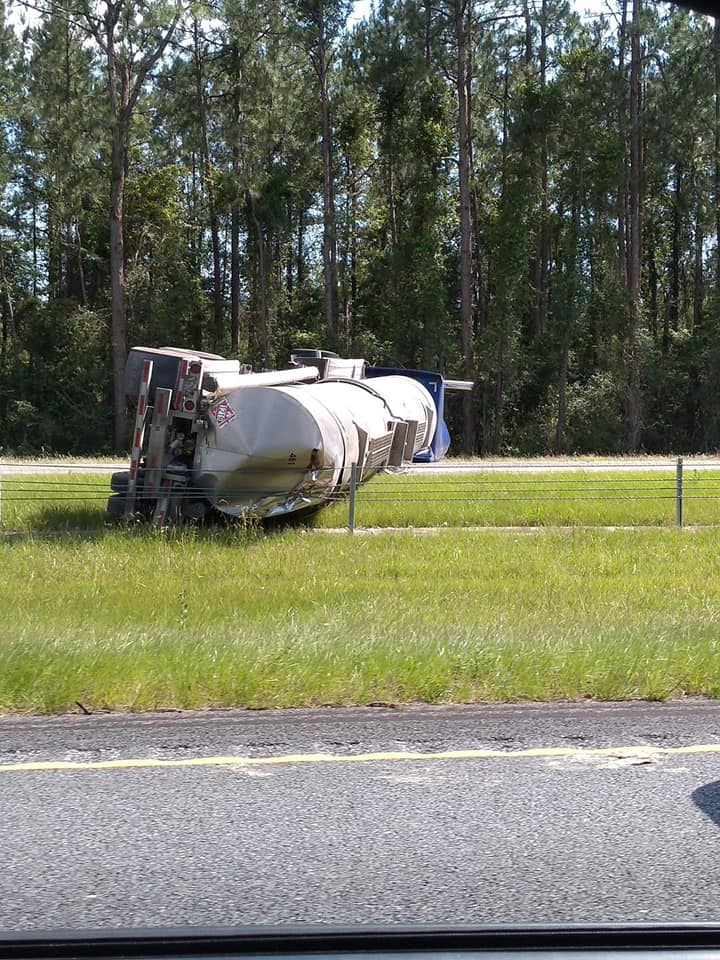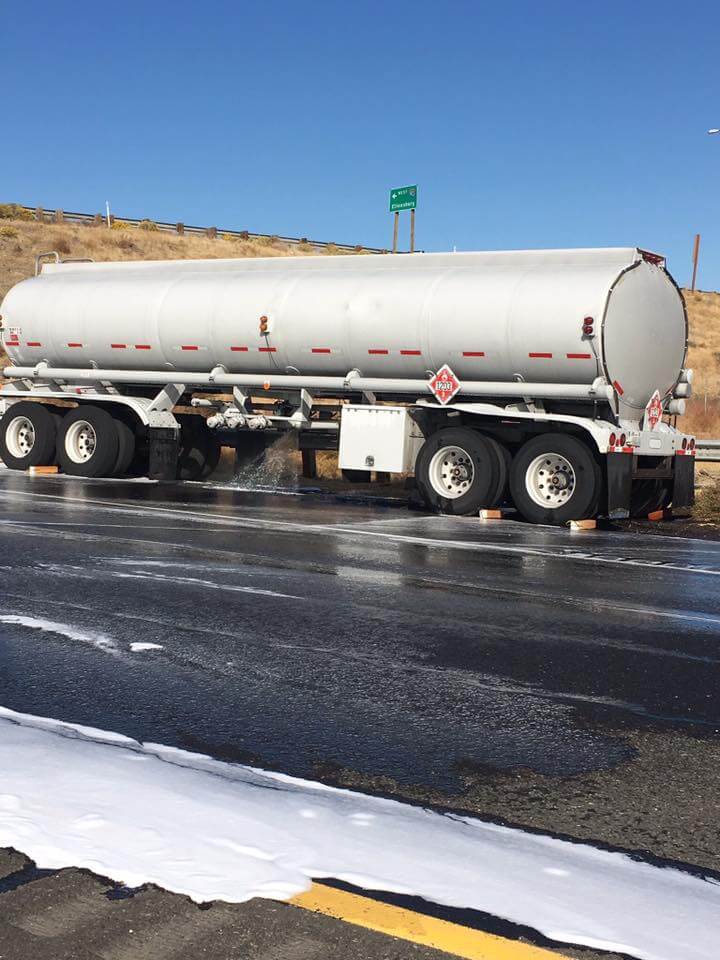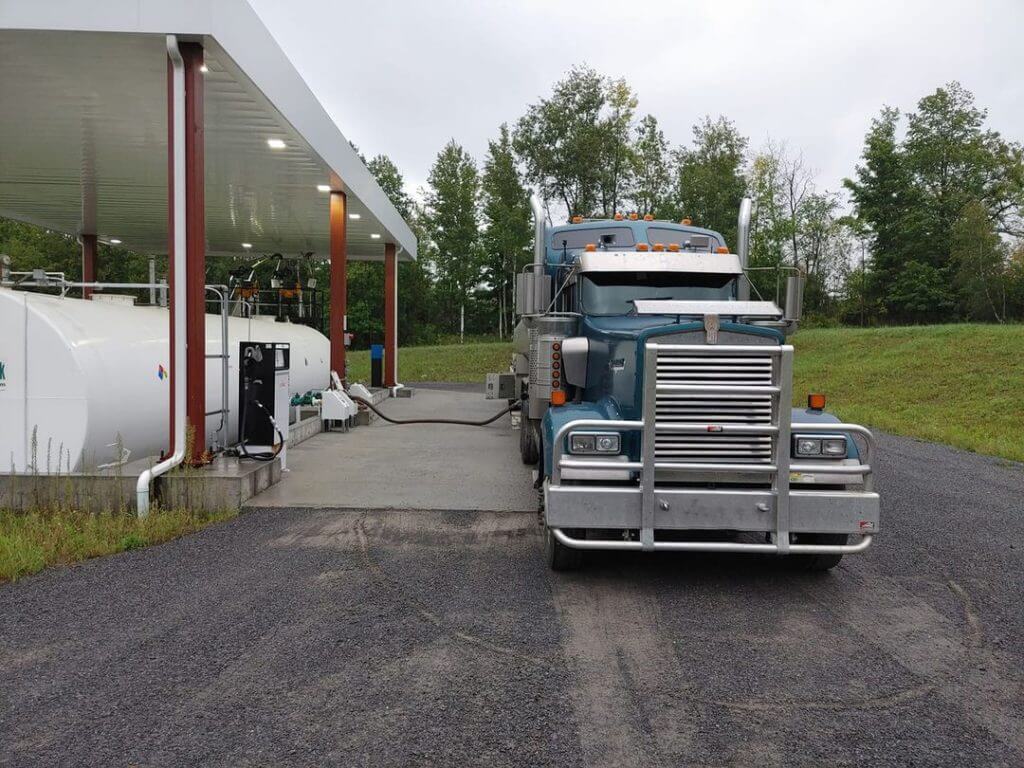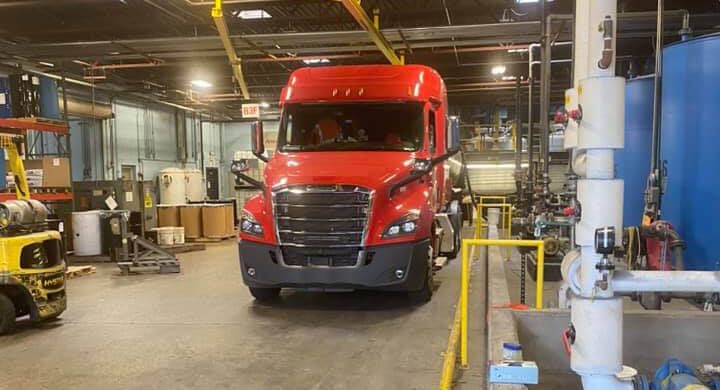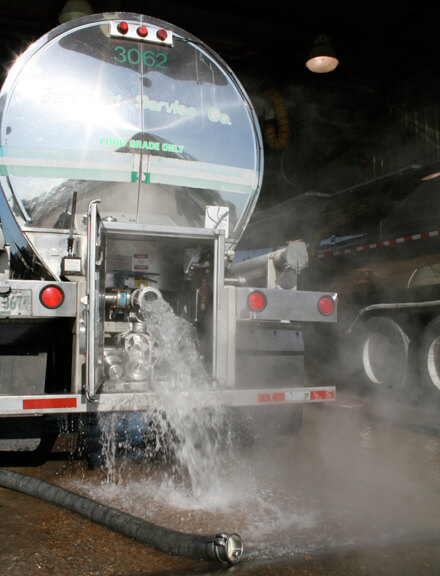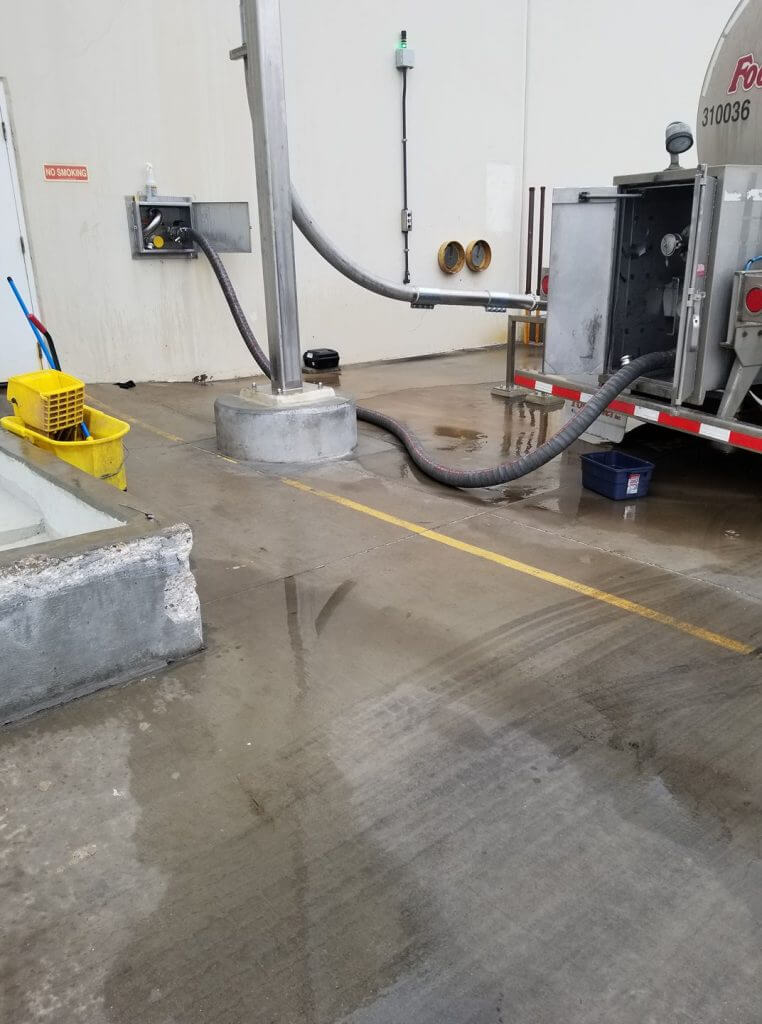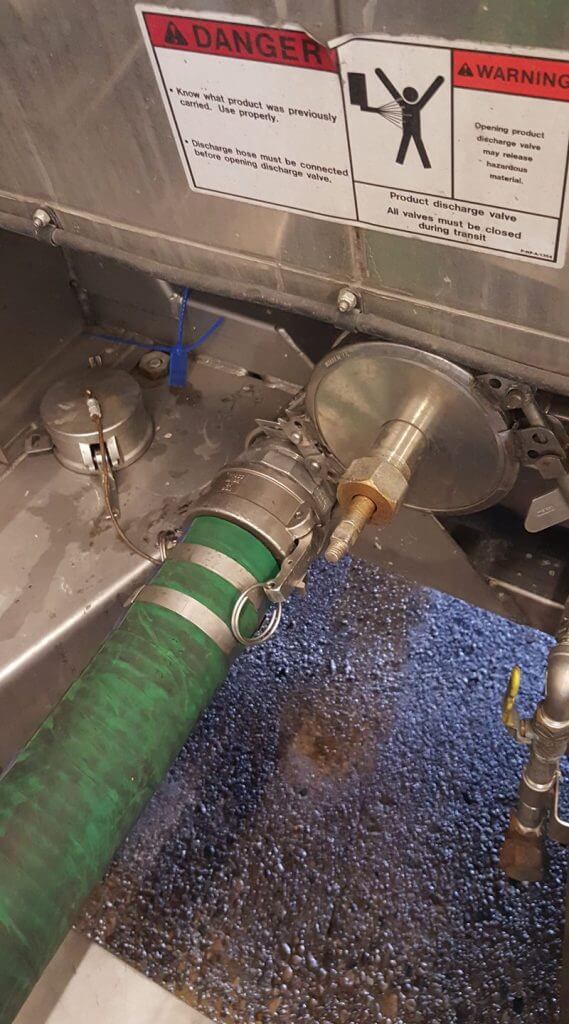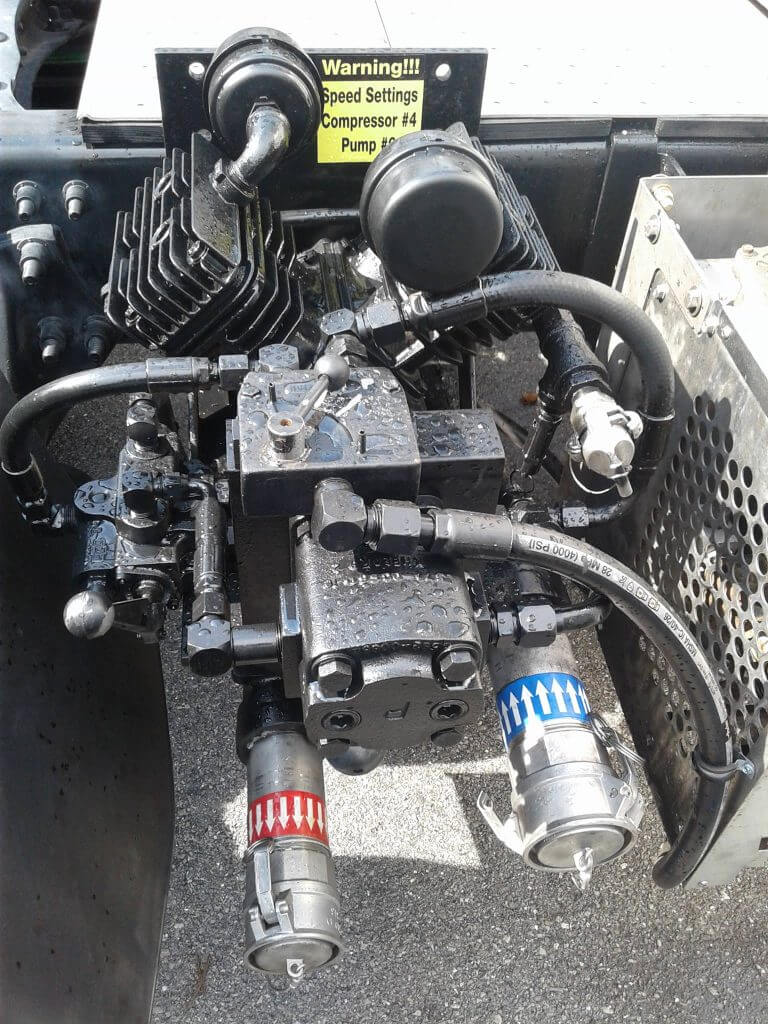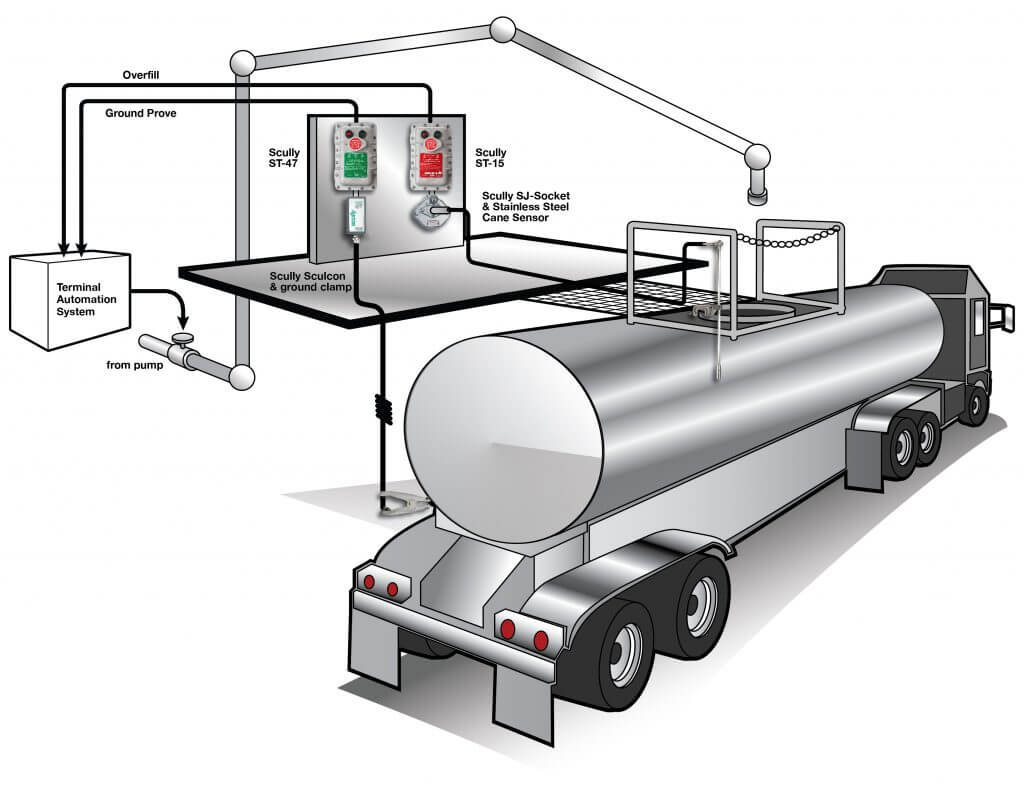Transloading is a common term in supply chain logistics, and every shipper needs this service for the successful shipment of their freight, especially across international waters.
In this article, we show you what transloading is, what it isn’t, and why you need it. We also show you the best transloading company around.
What Is Transloading?
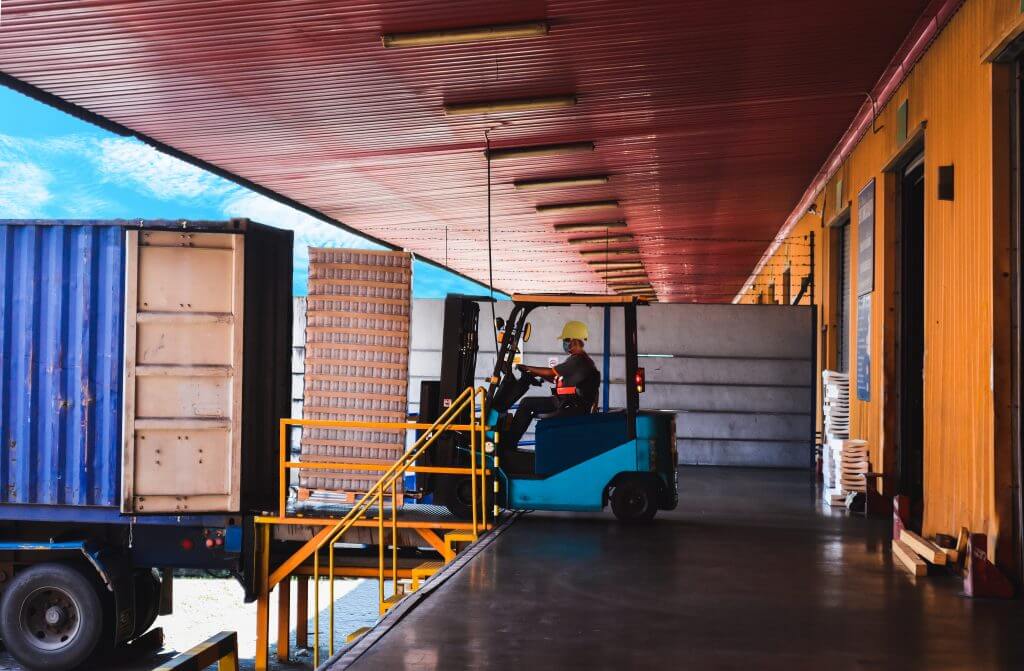
Transloading is the transfer of freight from one mode of shipment to another while the shipment is en route to its final destination (s).
Say, for instance, you run a chain of restaurants at various locations. You then need to ship some spices from somewhere in the UK to your restaurants in the US. Your shipment would have to through various shipping modes, and maybe various carriers as well. Your supplier would load your spices into a truck that takes your shipment to dock or airport, where your freight is unloaded from the truck and loaded into the next mode of transportation.
When your freight lands in the US, it most likely still has a long way to go before it reaches your restaurants. But the ship obviously can’t bring your spices to their final locations, so they’re unloaded and loaded into a truck that takes them to your main warehouse. This brings your spices closer to your restaurants.
After you then unload your spices in the warehouse, they are deconsolidated into smaller sizes, depending on the need of each restaurant. Finally, you can have trucks load them all up from your warehouse and unload them at your various restaurants, their final destinations.
From the UK to the US, your shipment was loaded into one mode of transportation and unloaded from another until it got deconsolidated, and the units got to their various final destinations. That is what transloading is.
Why is Transloading Important?
When you hear the word “logistics,” it is easy to forget the complexities the encompassing word hides and how much time, effort, and money goes into it. Many of the products we use were made in foreign countries. You can use these products because logistics made it possible.
Transloading is right at the heart of long-distance logistics, especially those involving the crossing of international borders through cargo ships or planes. Without it, there simply would be no other way to ship our freight using over one mode of transportation.
What Transloading Isn’t
They aren’t beyond forgiveness when a person confuses some terms in logistics with others. After all, the field is filled with a lot of terms that are very similar up to a point, and completely different from that point onwards. Examples of such terms are transloading, cross-docking, and intermodal. How is transloading different from intermodal and cross-docking?
Transloading vs Intermodal
Intermodal shipping is moving freight using over one mode of transportation. This is very similar to transloading, but the difference is that loading and unloading are not involved in intermodal.
In intermodal shipping, your freight is loaded into a container, which is placed on the chassis of a truck. The truck takes your container to the next mode of transportation, where the same container is simply lifted and placed on the next mode of transportation. The major difference between transloading and intermodal is that freight remains in a container for most of the haul.
Why then would you prefer intermodal shipping that transports your freight in one container to transloading where your freight risks being damaged during loading and unloading? The answer is that your freight can’t remain in containers forever. At some point, you still have to unload them from the container and load them into trucks that will take them to their final destination.
So, the question isn’t so much about which is better as much as it is about which one to use at each phase of transporting the shipment.
Transloading vs Cross-docking

In transloading, shipment may sometimes spend time in warehouses where it awaits the next mode of transportation. But cross-docking differs from transloading in that the former requires no warehousing or any other form of storage. This is because the shipment is being loaded into another mode of transportation as soon as one is unloading it from one. Cross-docking has a quick turnaround, and it is often reserved for perishable items.
Transloading With Total Connection
A lot of things could go wrong during transloading. If the transloading company entrusts your shipment to the hands of incompetent employees, there’s no telling how much damage they could do to your freight. Although you may claim your damages through insurance, this is would take time and involve some paperwork.
You don’t want to get it wrong before you eventually get it right with the transloading company of your choice. We, at Total Connection, can handle your shipping and transloading needs.
Total Connection not only cares about your business, but we also care about your freight. And we handle every freight unit delicately. Forget about ever having to file for those time-taking claims when you entrust your freight to us. We guarantee safety and security for your freight.
Our efficient facilities can be at your service as soon as you contact us through the brief quote form below.


